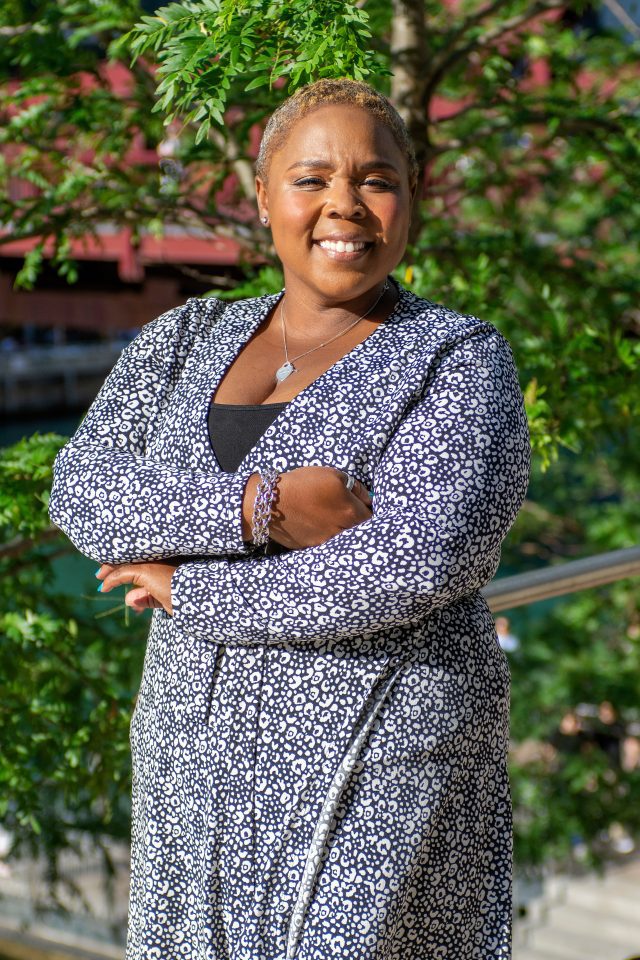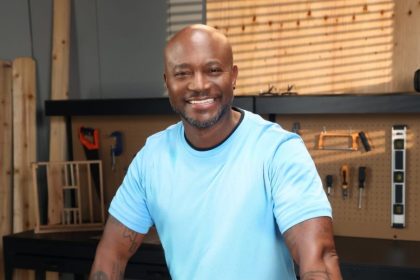
Dr. Dana Laughlin is motivated to dismantle the stigmas of mental health in minority communities. She is passionate about her career and understands the importance of addressing traumas in order to move toward healing and a clear perspective. Rolling out spoke with Dr. Laughlin about why she chose a career in behavioral health, what she has learned about herself, and the three things that should be considered when looking for a therapist.
Talk about what inspired you to pursue this career path.
What inspired me to take this career path is my love and passion for the field of mental health, especially among BIPOC. I am truly interested in disarming the generational trauma felt by many people of color. I feel that for a long time many BIPOC have swept their mental health under the rug as if it was not important. I am inspired to disarm that notion of thinking so that we can start to acknowledge ourselves as healed, loved, and deserving of mental health.
What have you learned about yourself during this journey?
I have been on this journey for 18 years. I have learned that I am resilient. I have hope and strength for people of color during their mental health walk. I have learned that everyone is deserving of having their story heard. I have learned the true strength of character. I have seen myself and my people overcome obstacles and win. I have learned that I am a true champion for my clients, I fight for their overall wellness. I have learned that the journey of self-love, self-care and self-worth never ends. I have learned that I am fighter, I will always stand up for what is right and challenge the powers of inequity that tell me I am wrong.
What three things would you recommend to someone who is searching for a therapist?
The three things I would recommend to someone who is searching for a therapist are:
Call the insurance provider to make sure that mental health and behavioral health care are covered under [their] current insurance plan, know the co-pays and costs associated.
Determine what kind of therapist you are looking for, such as a therapist of color, a female therapist, a therapist who specializes in anxiety, etc.
Interview several therapists before you make the decision on the one you want. Realize that you will be sharing with this person, being vulnerable, and having some intense conversations, so you want to be sure they are the right match for you and will take into consideration your intersecting identities.
Why is paying attention to our mental health important?
Research shows that mental health disparities exist in our society especially among people of color. Mental health is an essential part of overall physical health and satisfaction. People of color [are] five times more likely than any other race to suffer from mental health concerns such as anxiety and depression. … If we don’t learn to talk about it, then your mental health can decline.















